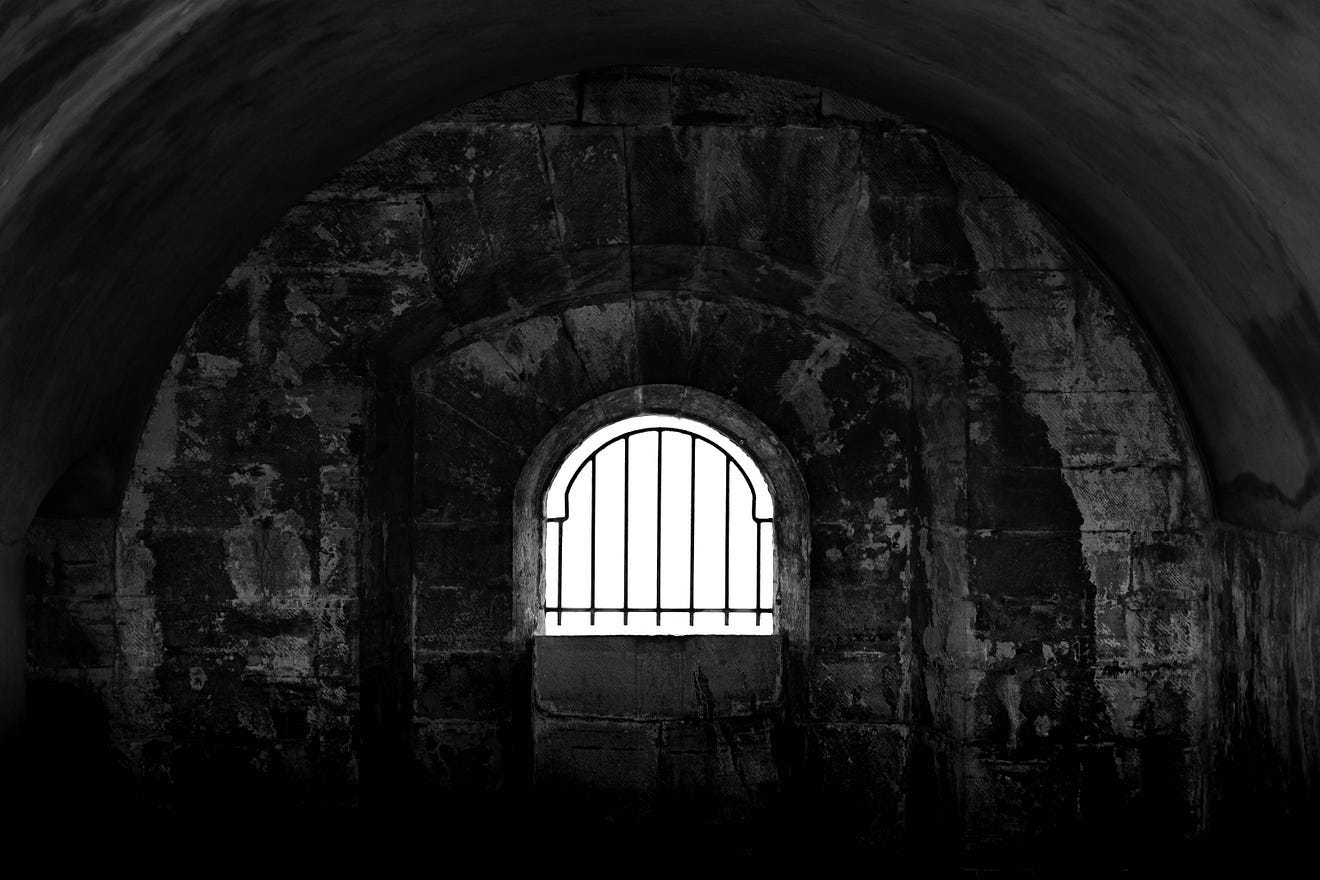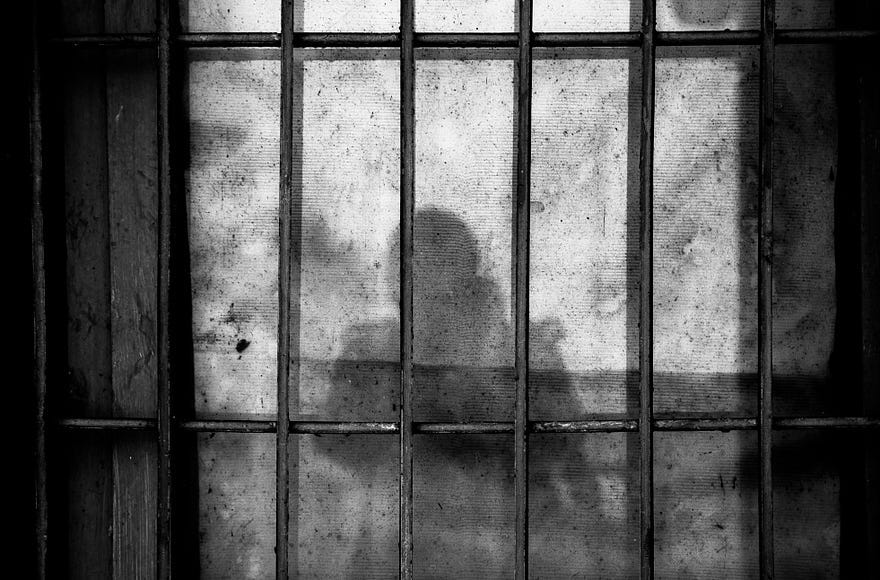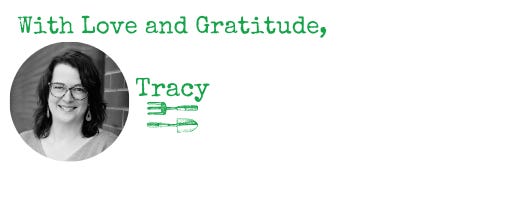
Several years ago, I started writing a manuscript. It was a story idea that had been knocking around in my head for a while. Unfortunately, I wrote myself into a corner. Not having done any outlining, I had a premise, but no clear trajectory or idea for an ending. By 64,000 words into the process, I felt the story was going nowhere fast and set it on the back burner.
Then I started a new manuscript. A shiny new story idea. I quickly realized 26,000 words in, I’d put myself in the same position. I felt frustrated about the wasted effort with no finished product to show for it. Unimaginably, I did it a third time. A third fizzled manuscript!
How could I make the same mistake three times?
Discouraged by my sluggish pace and lack of direction, all three stories ended up on the back burner. Feelings of self-doubt and insecurity paralyzed me. Would I ever be able to finish a manuscript?
I spent a good while lamenting and chastising myself for being so foolish. After all, I am an English teacher. Shouldn’t I understand how story works by now?
The Problem of Perfectionism
My writer friend Jill calls the clunky, imperfect first draft the “vomit version.” Get it on the page, and don’t obsess over making it perfect the first time. Then go back and edit until suitable. Her strategy must work based on the number of books she’s completed and published.
Intellectually, we know this to be true. It’s perfectly logical advice:
Just get started. Something is better than nothing. Fixing happens later. Let the words flow.
Sometimes we need to hear it from someone else when we can’t pep-talk ourselves. Hearing encouragement from someone who is not only a friend but a prolific writer is invaluable. I’m grateful to have had this conversation with her.
Jill’s advice drills down to a core truth—perfection is the enemy. I have to get it out of my head that I am writing my magnum opus and just get something done. It won’t be perfect on the first pass, even once it’s edited to high heaven.
I’m not Flannery O’Connor or Barbara Kingsolver—and that is perfectly okay.
It’s time to see it through instead of worrying that others will find it trite or foolish. I simply need to write and pray my work falls into the hands of the right readers. An imperfect published work is better than a perfect one in our dreams that never finds its way to the page.

Writing is Personal
Writing is hard. It’s messy and demoralizing, yet also exhilarating and gratifying. It is all the things and all the emotions because it’s a bit of ourselves pouring out onto the page. Hemingway famously spoke of this aspect of the writing process.
“There is nothing to writing. All you do is sit down at a typewriter and bleed.”
-Ernest Hemingway
If you aren’t a writer, this might not make sense. But it’s true. The constant inner battle we wage as we journey through the process is painful. Something of ourselves is always in what we produce, which is why self-doubt stings so much.
Because we are inextricably intertwined with our writing, we often stand in our own way. At least I do, and it keeps me in the doldrums—adrift in a sea of negativity and (over)analysis paralysis. However, something author Neil Gaiman said about writing put a puff of wind into my sagging sails.
“You have to be willing to let the process carry you through. And you have to be willing for it to sometimes land you on the rocks.” -Neil Gaiman
These doldrums aren’t all there are is in the great ocean of creativity. Indeed, sometimes we’ll land on the rocks. Our stories may flop and sink. But they just might sail triumphantly into a welcoming harbor. We won’t know until we write them.
I’m pep-talking myself here and am happy for you to eavesdrop if it’s any help. Write the shoddy first draft. Fill in the plot holes, and prune the dead wood once it’s done. There can be no tweaking or tinkering if there’s no finished product.
Self-doubt must take a back seat to progress. Now if you’ll excuse me, I have a messy first draft to write.
Community Garden:
Join in the conversation by leaving a comment. Let’s get to know one another better as we continue on the writer’s journey.
What strategies do you have for battling self-doubt? If you’re still on the journey, does anything in this article provide inspiration?
When talking about writing, who are your go-to folks who provide the encouragement needed? If you don’t have anyone, consider checking out the link above about finding a creative tribe.







